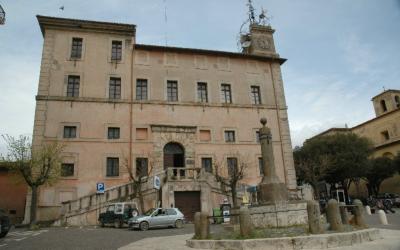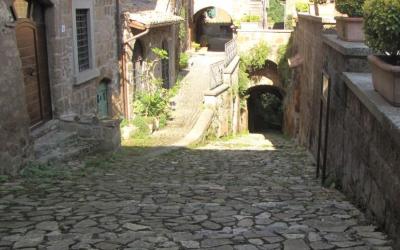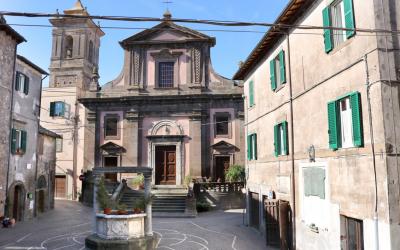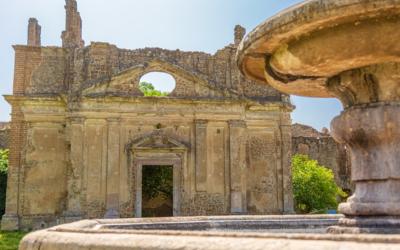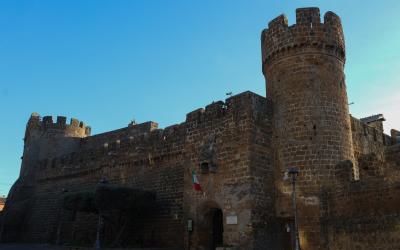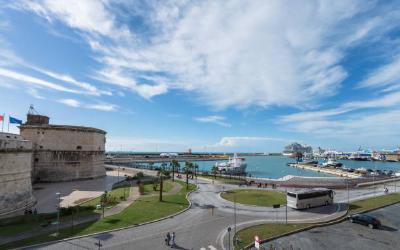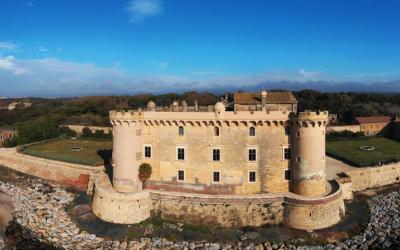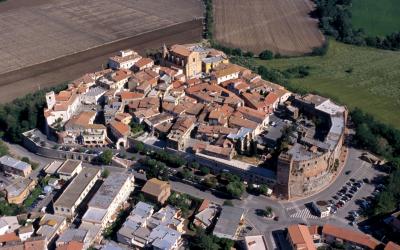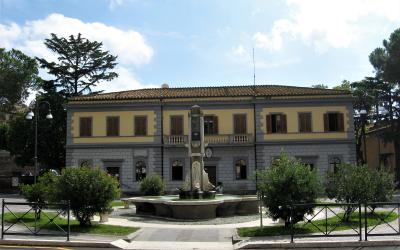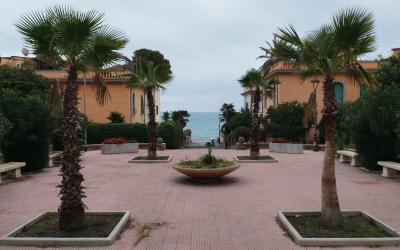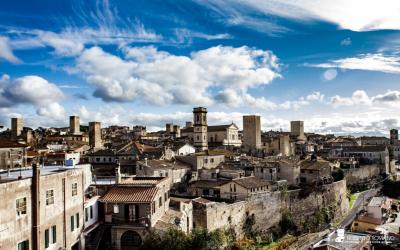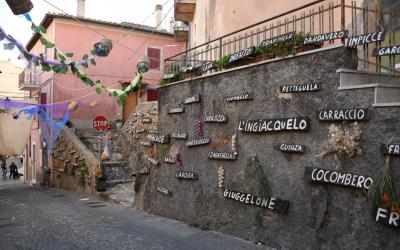Cerveteri ancient Etruscan city
Virgil narrates that Aeneas received the sacred weapons from his mother Venus under the southern walls of Caere. The identification of the site of CAERE with the modern site of Cerveteri only occurred in 1838.
Today, as in the past, the marvellous tombs of Cerveteri (Necropolis of the Banditaccia) arouse great admiration in visitors: the architectural details carved out of the soft tufa, the ancient wall paintings evoke the architecture and furnishings of Etruscan aristocratic houses. Of all the cerite necropolises, La Banditaccia is the one that, more than any other, makes it possible to follow the constant evolution of the forms of the architecture of the tombs, and the tombs are set in spaces that are the result of a precise urban planning study.
Cerveteri is also home to mediaeval villages of scenic interest: from the village in the historic centre to the Borgo di Ceri and the Borgo del Sasso.
The 'Via degli Inferi' (Street of the Underworld), a road that connected the city of the living with the Necropolis, is captivating and worth a visit. Along the street, tomb elevations open up at different heights, with rows of tufa stone forming the upper part of the tombs.
Inside the Cerite National Archaeological Museum, an original building dating back to the 12th-13th centuries, we can admire local ceramics from the Archaic period, returned to Italy in recent years after being stolen and then kept in the Metropolitan Museum in New York, such as the Euphronios Krater and Kylix.
In the surroundings of Cerveteri there are also protected naturalistic areas of great environmental value, such as the Palude di Torre Flavia, the Macchiatonda Reserve and the Monti Ceriti waterfalls (called waterfalls).

